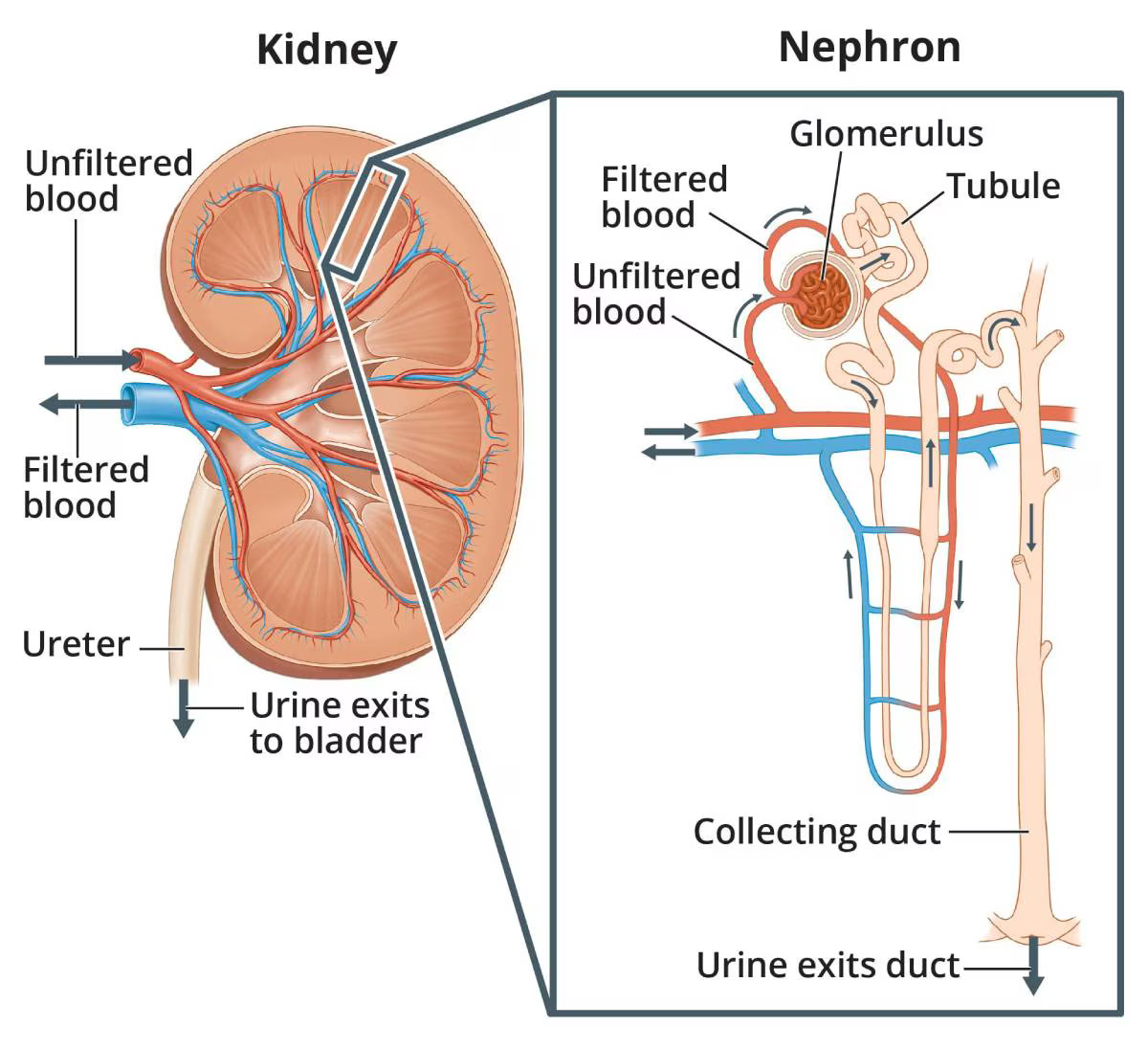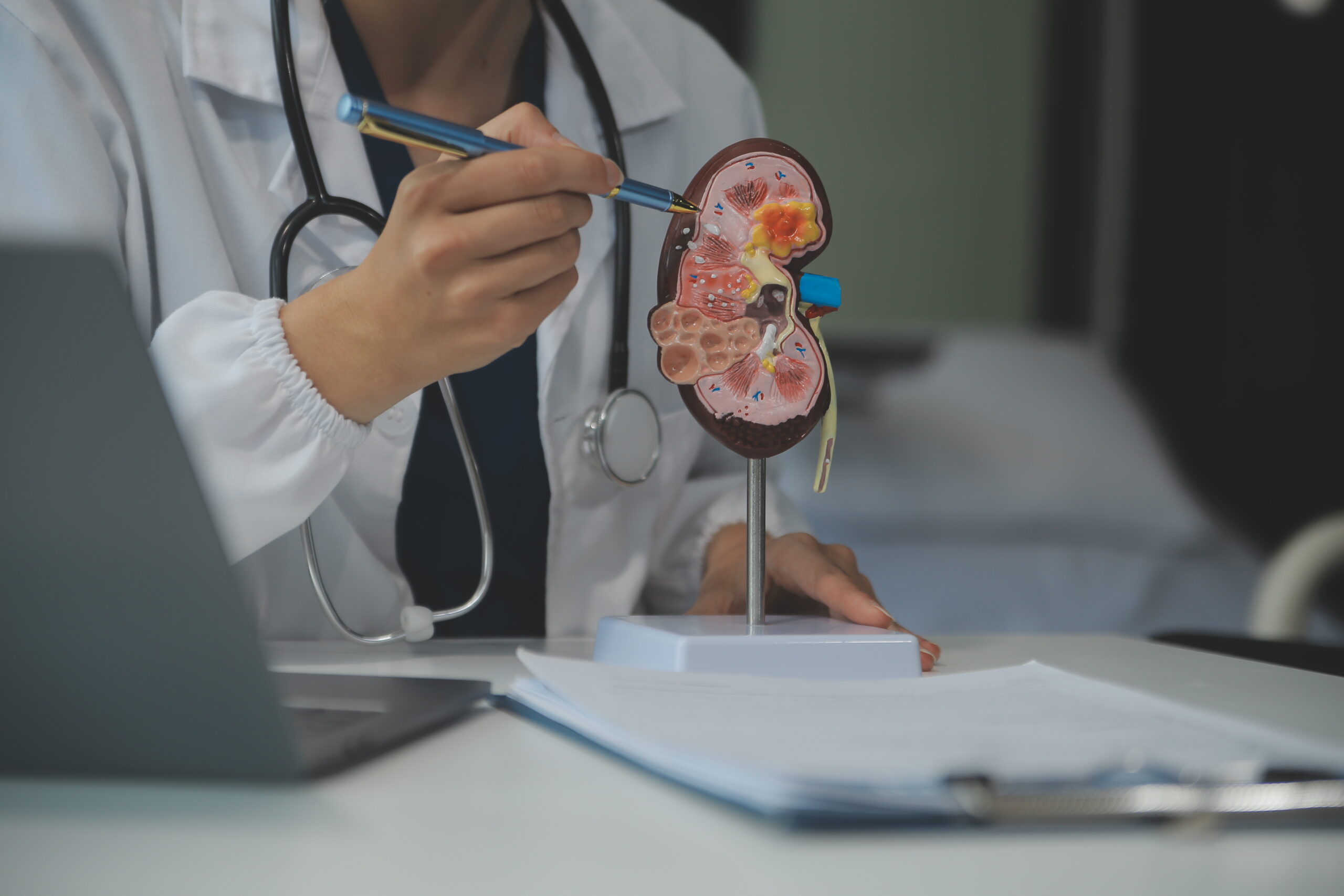Nephrotic Syndrome in Children
Nephrotic syndrome is a kidney disorder commonly seen in young children. In this condition, the kidneys lose excessive amounts of protein through urine, a condition known as proteinuria. Due to the low protein levels in the body, fluid starts accumulating, causing swelling (Edema).
Symptoms:
- Swelling in the face, hands, feet, or abdomen – More noticeable in the morning.
- Foamy or bubbly urine – Due to excess protein loss.
- Fatigue and weakness – The child may feel unusually tired.
- Reduced appetite and weight gain – Due to fluid retention.


Causes:
- Immune system dysfunction that damages the kidneys.
- Viral or bacterial infections.
- In some cases, genetic factors may contribute.
Treatment:
- Steroid medications to reduce swelling and manage symptoms.
- Low-sodium diet to control fluid retention.
- Proper fluid management and regular medical follow-ups.
- Kidney biopsy may be required in severe cases.

With timely and proper treatment, most children can recover and lead a normal life.
Nephrotic syndrome is a kidney disorder commonly seen in young children. In this condition, the kidneys lose excessive amounts of protein through urine, a condition known as proteinuria. Due to the low protein levels in the body, fluid starts accumulating, causing swelling (Edema).

Symptoms:
- Swelling in the face, hands, feet, or abdomen – More noticeable in the morning.
- Foamy or bubbly urine – Due to excess protein loss.
- Fatigue and weakness – The child may feel unusually tired.
- Reduced appetite and weight gain – Due to fluid retention.

Causes:
- Immune system dysfunction that damages the kidneys.
- Viral or bacterial infections.
- In some cases, genetic factors may contribute.

Treatment:
- Steroid medications to reduce swelling and manage symptoms.
- Low-sodium diet to control fluid retention.
- Proper fluid management and regular medical follow-ups.
- Kidney biopsy may be required in severe cases.
With timely and proper treatment, most children can recover and lead a normal life.
Get One Step Ahead Of Disease
Early detection and timely treatment can make all the difference. Take charge of your health today—schedule a consultation with our experts!
